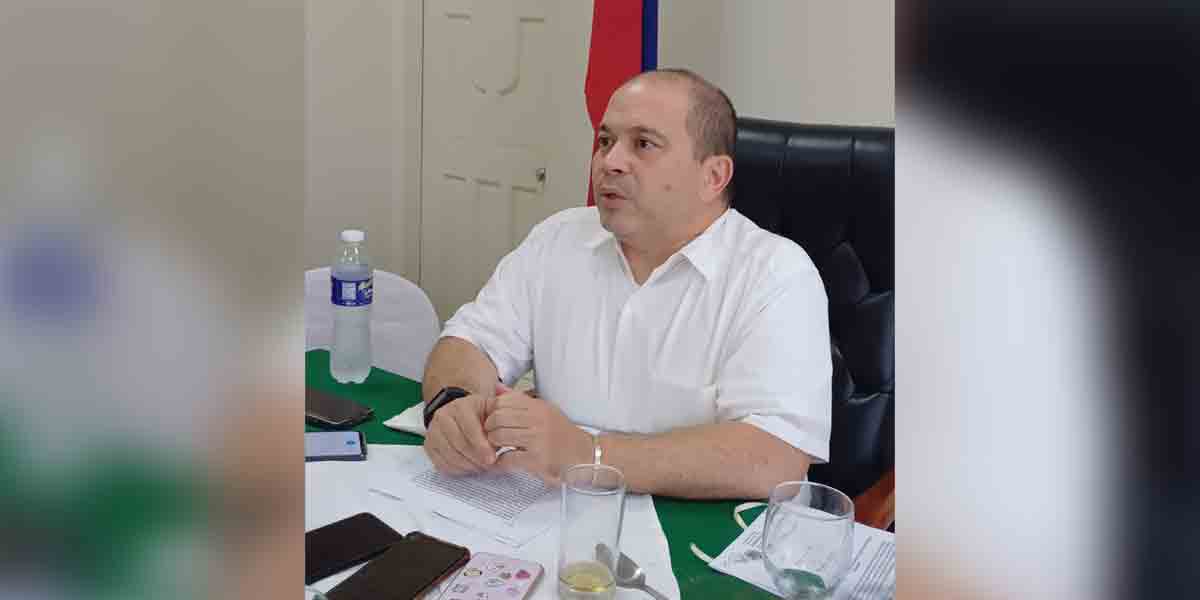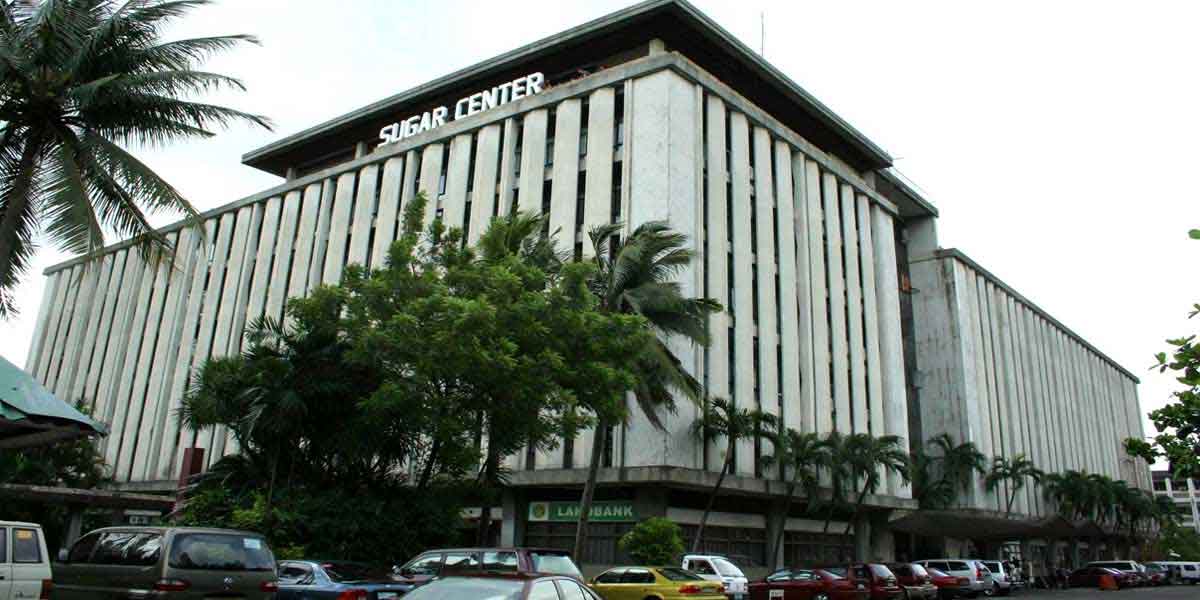By Francis Allan L. Angelo
In 2019, Miguel*, a young Filipino professional, was let go from his job at a marketing firm. He had excelled in his role, consistently outperforming expectations, yet whispers in the office about his sexuality began to surface. After he came out to his boss, citing his partner in casual conversation, the workplace atmosphere changed. Soon after, Miguel was dismissed from his position with no clear explanation. For Miguel, it was a harsh reminder that in the Philippines, being openly gay can still cost someone their career.
Miguel’s story is just one of many, and his experience is a reflection of the broader economic impact of LGBTQ+ discrimination in the Philippines. According to Open for Business’s recent report, “The Economic Case for LGBTQ+ Inclusion in Southeast Asia,” the Philippines could be losing between PHP 65.6 billion to PHP 147.6 billion annually due to workplace discrimination, wage disparities, and healthcare costs.
Stephanie Galera, Open for Business’s Head of Southeast Asia, notes that this figure equates to around 0.30% to 0.67% of the nation’s GDP—an alarming loss for a country that prides itself on a stable 6% GDP growth over the past decade.
The loss of jobs like Miguel’s is part of a broader economic pattern in which LGBTQ+ individuals are forced to navigate a society that remains largely conservative, where inclusion is sporadic, and discrimination is often veiled behind legal inaction.
A Missed Economic Opportunity
The Open for Business report highlights how exclusionary practices hinder national productivity. The Philippines consistently ranks last among its Southeast Asian peers—Indonesia, Malaysia, Singapore, Thailand, Vietnam—when it comes to economic competitiveness and innovation. Every individual like Miguel who faces discrimination is a potential contributor to the country’s economic engine, stunted by bias and inequity.
Those billions lost each year aren’t just numbers. They represent the diminished potential of people like Miguel, who are denied the chance to contribute fully to society. Lost wages translate into reduced consumer spending, weakening the overall economic cycle. When marginalized workers are pushed out, they don’t just lose income—businesses lose skilled talent, and the economy suffers as a result.
The Brain Drain of LGBTQ+ Talent
Discrimination doesn’t just affect people within the country—it also encourages the outflow of talented individuals seeking more inclusive societies. Galera points out that LGBTQ+ inclusion can be a “signaling mechanism” that influences where highly skilled workers choose to live and work. In countries like Australia and the U.S., where LGBTQ+ rights are better protected, Filipino professionals are building successful careers without fear of persecution or discrimination.
Brain drain remains a persistent problem in the Philippines, and LGBTQ+ exclusion only worsens this trend. Skilled workers who could have driven innovation and development locally are instead contributing their talents abroad, where their identities are respected. The long-term consequence is that the Philippines misses out on some of its brightest minds, further slowing its economic growth and competitiveness.
Tourism and National Reputation at Risk
Beyond the workplace, LGBTQ+ inclusion plays a key role in tourism, an industry vital to the Philippine economy. The report underscores that travelers—LGBTQ+ or otherwise—consider a country’s stance on LGBTQ+ rights when choosing their destinations. Discrimination and violence are significant deterrents for tourists, and national reputation is heavily influenced by how inclusive a country is perceived to be.
While the Philippines remains a popular destination, it faces tough competition from neighbors like Thailand, which has embraced LGBTQ+ tourists through campaigns such as “Go Thai. Be Free.”
As Galera notes, Thailand’s efforts have paid off significantly, attracting tourists from all walks of life. Meanwhile, the Philippines has yet to fully capitalize on the growing demand for inclusive travel experiences, limiting the potential revenue that could be generated from both LGBTQ+ and non-LGBTQ+ tourists.
Inclusion and Corruption: A Surprising Link
Perhaps one of the more surprising findings of the Open for Business report is the connection between LGBTQ+ inclusion and reduced corruption. Countries that have embraced inclusive policies tend to see lower levels of corruption. This is because inclusion fosters an environment of transparency, trust, and accountability—principles that counter the very foundations of corrupt practices.
The Philippines, which continues to struggle with corruption, could benefit immensely from adopting more inclusive policies. Galera points out that without equality and equity, there is a diminished value for human rights, leading to an erosion of trust in institutions. By creating an environment where all citizens are valued and protected, the Philippines could make significant strides in combating corruption and improving governance.
Healthcare Costs and the Impact of Discrimination
Another key area of concern is healthcare, particularly for LGBTQ+ individuals who face heightened risks for mental health issues and diseases such as HIV/AIDS. Discrimination often leads to poor health outcomes, with many LGBTQ+ individuals avoiding healthcare services for fear of being mistreated or misunderstood. The report reveals that access to appropriate healthcare remains a significant barrier, particularly for transgender individuals.
The economic consequences of this are severe. Discrimination in healthcare results in absenteeism, decreased productivity, and, in the worst cases, premature death. As Galera notes, the loss of skilled workers due to preventable health conditions is a drain on the economy, leaving companies to bear the costs of recruitment and retraining while the country loses valuable talent.
Addressing healthcare inequities through inclusive policies would not only improve the lives of LGBTQ+ individuals but also generate long-term economic savings. Preventive care for diseases like HIV, when administered inclusively, can reduce the need for costly treatments later on and improve overall workforce productivity.
Closing the Wage Gap
LGBTQ+ discrimination doesn’t just manifest in job loss and healthcare access—it also plays a significant role in wage disparities. In Southeast Asia, LGBTQ+ workers face a wage gap of 10-15% compared to their non-LGBTQ+ counterparts. For the Philippines, this translates to a staggering PHP 32.9 billion to PHP 49.3 billion in lost wages annually. For LGBTQ+ individuals of color, these figures are even worse.
Wage inequality not only affects the financial stability of LGBTQ+ individuals but also has ripple effects on the broader economy. Lower wages mean reduced consumer spending, smaller investments, and diminished savings for retirement. Over time, these factors lead to greater dependence on government support and a less resilient economy.
The Legislative Gap: Falling Behind
One of the most glaring issues facing the LGBTQ+ community in the Philippines is the lack of protective legislation. The Sexual Orientation and Gender Identity and Expression (SOGIE) anti-discrimination bill, which has been stalled in Congress for 20 years, would provide vital protections for LGBTQ+ individuals. Without it, discrimination remains largely unchecked, and the country continues to fall behind its regional peers in terms of inclusive legislation.
Galera warns that this legislative gap has far-reaching consequences. It not only harms LGBTQ+ citizens but also damages the Philippines’ international reputation. As investors increasingly prioritize human rights and inclusivity, the lack of LGBTQ+ protections could deter foreign direct investment and reduce the country’s competitiveness on the global stage.
A Call for Collaboration
The Open for Business report makes it clear that the path forward requires collaboration between the government, private sector, and civil society organizations. Galera stresses the importance of open dialogue to identify the specific challenges facing the LGBTQ+ community and develop targeted solutions. By working together, these groups can help build a more inclusive society that benefits all Filipinos.
Miguel’s story may be just one among many, but it serves as a stark reminder that discrimination has real, tangible costs. By embracing LGBTQ+ inclusion, the Philippines can unlock untapped economic potential, improve national productivity, and enhance its global reputation. As the global tide shifts toward greater inclusivity, the Philippines cannot afford to be left behind. The economic price of exclusion is simply too high.
*Name changed for privacy.




















